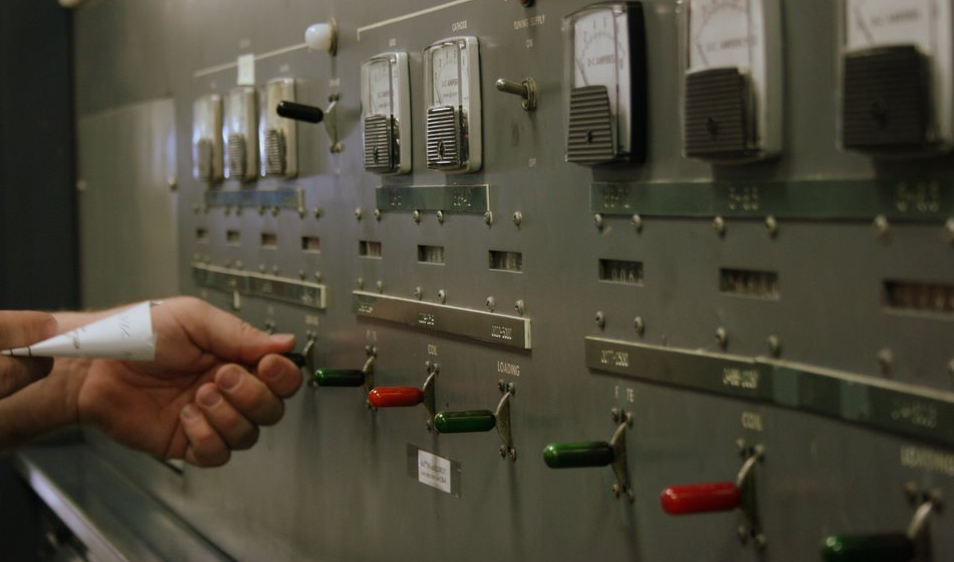BBC World Service Annual Antarctic Midwinter Broadcast: June 21, 2017
/Rothera Research Station (BAS photo)
Two live, off-air, half-hour recordings of the BBC World Service special Antarctic Midwinter Broadcast on 21 June 2017 beginning at 21:30 UTC. The broadcast features special messages and music for the staff of the British Antarctic Survey overwintering in Antarctica.
The first recording is of the transmission on a frequency of 7360 kHz from the BBC's Ascension Island relay station (250 kW transmitter power, antenna beam 207 degrees). The transmission was received on a Tecsun PL-880 receiver with a Tecsun AN-03L 7-metre wire antenna in Hanwell (just outside Fredericton), New Brunswick, Canada, in AM mode with 5 kHz RF filtering. Reception was fairly good with some atmospheric noise.
The second recording is of the transmission on a frequency of 5985 kHz from the BBC's Woofferton, England, transmitting station (300 kW transmitter power, antenna beam 184 degrees). The broadcast was received by the Web-interface wideband software-defined radio at the University of Twente in Enschede, The Netherlands, with a "Mini-Whip" antenna in USB mode (to avoid potential adjacent-channel interference) with 2.40 kHz RF filtering. Reception of the broadcast was very good with occasional atmospheric noise.
The program started very slightly late for both transmissions with the first or first two words ("This is") missing.






